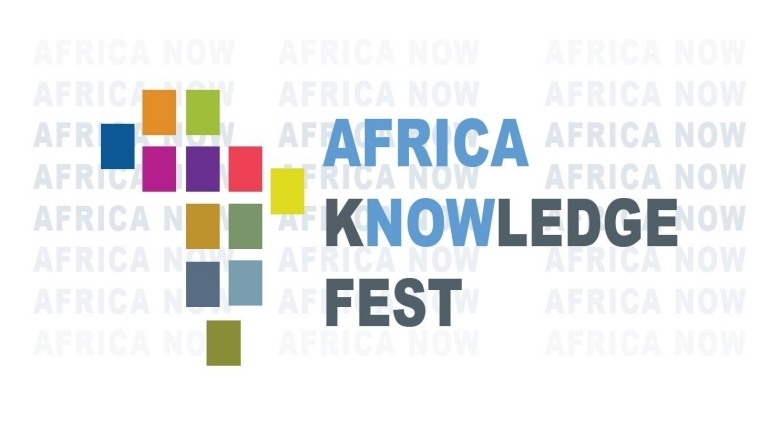BRAZZAVILLE, May 3, 2017 – “While the World Bank is certainly best known as a donor institution, it is also a knowledge-sharing institution, and I am inclined to believe that we should be known more as a knowledge institution.” This assertion by Albert Zeufack, the World Bank’s Chief Economist for Africa, sheds light on a little- known aspect of the World Bank’s work, which nonetheless provides a real comparative advantage in supporting public policies for the sustainable development of countries.
The media and general public believe that the support that the World Bank provides to government institutions often merely amounts to activities linked to the cofinancing portfolio for projects. The estimated portfolio for the Republic of Congo is US$805.8 million for 12 active projects covering infrastructure, human development, agriculture, governance, and the private sector. However, this is the more visible aspect of the organization’s work in the country, as the Bank, even more importantly, produces a host of publications and research papers. This unique expertise informs discussions and dialogue with its partners, most notably governments, with a view to modifying or improving practices and action strategies on the ground. This is a critical role because it brings together specialists from all over the globe, working in a variety of contexts and in myriad knowledge fields.
In recognition of this little-known role as an “effective knowledge-sharing vehicle,” the World Bank’s Africa Regional Office organized a very well-received Africa Knowledge Fest in Washington last February. It is for this reason as well that the World Bank Country Office in the Republic of Congo is organizing a knowledge-sharing symposium to be held from May 3 to 6 in Brazzaville. This inaugural staging of the symposium, which will undoubtedly be followed by others, will focus on five key analytical reports produced by World Bank economists, namely:
- The Report on Poverty in the Republic of Congo 2005-2011;
- The Public Expenditure Management and Financial Accountability Review (PEMFAR);
- The Republic of Congo Economic Update;
- The policy note on economic diversification in the Congo; and
- The Africa's Pulse report, which analyzes the state of African economies.
These publications will be exhibited, distributed, presented, and discussed by experts from the World Bank and the government, a discussion and information exchange panel with representatives from civil society organizations, technical and financial partners, the private sector, and the teaching staff and students from the Marien Ngouabi university. The symposium seeks to generate discussions and interactions that will foster real ownership of the findings and recommendations contained in these studies.
“I am confident that if there is real ownership of the recommendations in these reports and they are effectively applied, they can have a real impact on public investments and make a meaningful contribution to achievement of the shared goals of the World Bank and the Republic of Congo, namely poverty reduction and the promotion of more inclusive growth,” concludes Djibrilla Issa, World Bank Country Manager for the Republic of Congo.

